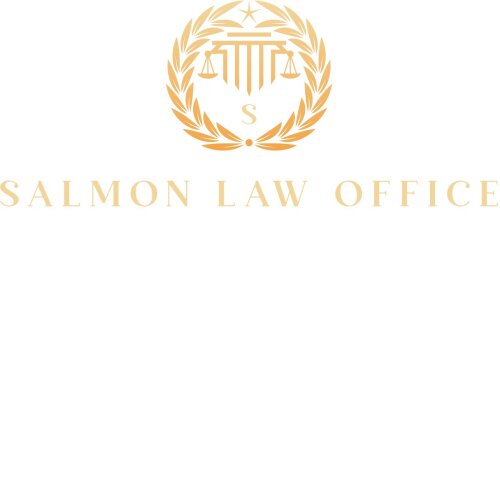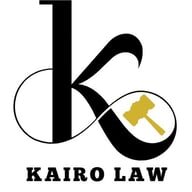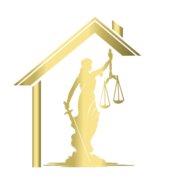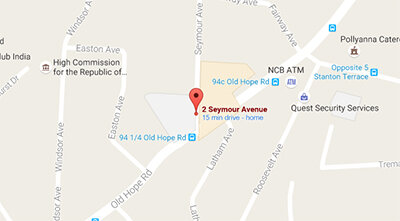Best Landlord & Tenant Lawyers in Jamaica
Share your needs with us, get contacted by law firms.
Free. Takes 2 min.
Free Guide to Hiring a Real Estate Lawyer
Or refine your search by selecting a city:
List of the best lawyers in Jamaica
About Landlord & Tenant Law in Jamaica
In Jamaica, landlord and tenant relationships are governed by a combination of statutory regulations and common law principles. The primary piece of legislation that addresses this area is the Rent Restriction Act. This Act aims to protect tenants from unfair practices while also considering landlords' rights to manage their properties effectively. It outlines obligations for both parties, including rules about rent increases, eviction processes, repairs, and maintenance responsibilities. Understanding these laws is essential for both landlords and tenants to ensure fair and legal arrangements.
Why You May Need a Lawyer
There are several scenarios where legal assistance might be necessary in landlord and tenant matters:
- Disputes over lease agreements and rental terms.
- Eviction notices and understanding your rights as a tenant or obligations as a landlord.
- Illegal rent hikes or disputes over the payment of rent.
- Maintenance and repair issues, especially if they violate the terms of the lease or pose health risks.
- Reclaiming a property after a lease has ended.
- Understanding liability and insurance matters related to damage or injuries occurring on rented premises.
Engaging a lawyer can help ensure that any legal documents are in compliance with the law and that your rights are fully protected during any disputes or negotiations.
Local Laws Overview
The key aspects of landlord and tenant law in Jamaica include:
- Rent Restriction Act: This is the primary legislation governing landlord and tenant relations, covering issues like rent control, tenant rights, and eviction processes.
- Security Deposits: While Jamaican law does not mandate security deposits, if taken, the terms should be clear in the lease agreement.
- Eviction Procedures: Strict guidelines govern how evictions must be handled, often requiring a court order in contentious situations.
- Repairs and Maintenance: The property should be maintained in a habitable condition, with landlords responsible for major repairs unless otherwise agreed upon in the lease.
- Termination of Leases: Specific notice periods are required to terminate a lease, and these must be adhered to by both landlords and tenants.
Frequently Asked Questions
What is the maximum rent increase allowed under Jamaican law?
The Rent Restriction Act regulates rent increases, and landlords must seek approval from the Rent Assessment Board for any increase in rent.
Can a landlord enter a tenant’s property without notice?
No, unless it is an emergency, a landlord must provide appropriate notice if they need to enter the property, usually as specified in the lease agreement.
How much notice must a tenant give to terminate a tenancy?
The typical notice period is determined by the lease agreement, but generally, a month’s notice is standard unless otherwise specified.
What recourse does a tenant have if the landlord fails to make necessary repairs?
Tenants can contact the Rent Assessment Board for assistance if the landlord fails to conduct necessary repairs after formal requests.
Is a verbal lease agreement legally binding in Jamaica?
While verbal agreements can be binding, it is advisable to have a written lease to clearly define terms and reduce potential disputes.
Can a tenant withhold rent to force a landlord to make repairs?
Withholding rent is not recommended, as this could lead to eviction. Instead, tenants should file a complaint with the Rent Assessment Board.
What rights do tenants have if the property is sold?
Tenants typically have the right to maintain their tenancy under existing terms even if the property changes ownership, unless otherwise specified in their lease agreement.
How are disputes between landlords and tenants resolved?
Many disputes can be resolved through mediation facilitated by the Rent Assessment Board, or they might require formal legal proceedings if mediation fails.
Do tenants have the right to sublet a rental property?
Subletting typically requires the landlord’s consent as outlined in the lease agreement. Unauthorized subletting can violate lease terms.
What happens if a tenant leaves belongings in a property after the lease ends?
The landlord has the responsibility to handle abandoned belongings in accordance with the law, often involving giving notice and safe keeping for a set time period before disposing of them.
Additional Resources
Here are some resources that can provide further assistance:
- Rent Assessment Board: Offers guidance and support for rental disputes and assessments.
- Ministry of Housing, Urban Renewal, Environment, and Climate Change: Provides information on housing policies and legislation.
- Local Legal Aid Societies: Can offer legal advice and assistance to those who qualify for aid.
Next Steps
If you believe you require legal assistance in a landlord and tenant matter, consider the following steps:
- Gather all relevant documents, including lease agreements, correspondence, and any other pertinent information.
- Contact a local attorney who specializes in property law to discuss your situation and explore your legal options.
- Consult with the Rent Assessment Board for guidance or to mediate disputes.
- Consider seeking a consultation with a legal aid society if you are unable to afford private legal services.
By taking these steps, you can better understand your rights and responsibilities and pursue a resolution that is fair and legally sound.
Lawzana helps you find the best lawyers and law firms in Jamaica through a curated and pre-screened list of qualified legal professionals. Our platform offers rankings and detailed profiles of attorneys and law firms, allowing you to compare based on practice areas, including Landlord & Tenant, experience, and client feedback.
Each profile includes a description of the firm's areas of practice, client reviews, team members and partners, year of establishment, spoken languages, office locations, contact information, social media presence, and any published articles or resources. Most firms on our platform speak English and are experienced in both local and international legal matters.
Get a quote from top-rated law firms in Jamaica — quickly, securely, and without unnecessary hassle.
Disclaimer:
The information provided on this page is for general informational purposes only and does not constitute legal advice. While we strive to ensure the accuracy and relevance of the content, legal information may change over time, and interpretations of the law can vary. You should always consult with a qualified legal professional for advice specific to your situation.
We disclaim all liability for actions taken or not taken based on the content of this page. If you believe any information is incorrect or outdated, please contact us, and we will review and update it where appropriate.
Browse landlord & tenant law firms by city in Jamaica
Refine your search by selecting a city.














